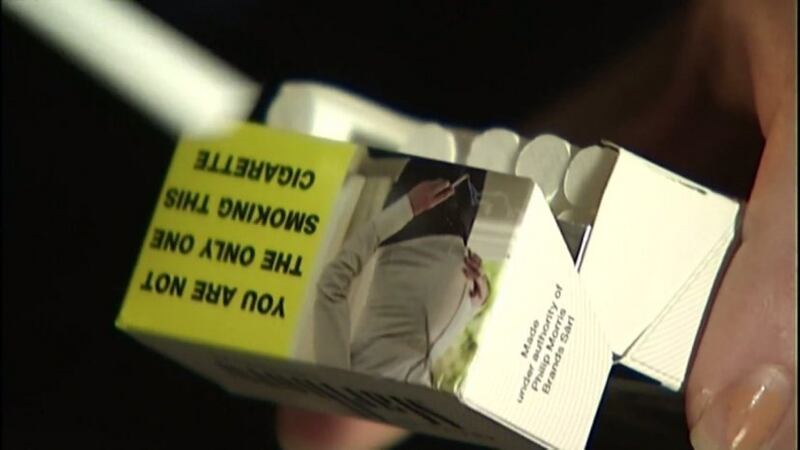Smokers around the country are paying more for their cigarettes today, with the price of tobacco products rising 10 per cent.
MidCentral DHB Health Promotion Adviser Julie Beckett says, “a 50g pack of tobacco will set you back over a $100. If you smoke two packs a week that’s over $10,000 a year spent on the habit.”
This is the third year in a row the price has increased by 10 per cent on New Year's Day as part of the Ministry of Health’s goal to make New Zealand smoke-free by 2025.
She says after New Year’s 2018, there was a sharp increase in the number of people accessing stop-smoking services and she expects the same this year.
“Many smokers would love to quit, and tobacco price increases combined with New Year’s resolutions provide an opportunity to begin that journey.”
Is it working?
Nine years into the policy, results have shown a large decline in the proportion of youth who have ever smoked, or who are daily smokers.
"While this is a significant achievement for the tobacco control programme, significant inequities remain for Māori and Pacific communities, necessitating a targeted approach for these populations," the latest evaluation report said.
The gap in smoking rates for Māori and Pacific compared with other ethnic groups, remained significant, with daily smoking prevalence rates among Māori 2.7 times higher than in non-Māori.
The New Zealand Taxpayers Union says the tax increase is harmful.
“The single-minded focus on ’Smokefree 2025’ through higher taxes has resulted in serious financial pain for smokers, who sacrifice essentials for themselves and their families,” the union said in a statement last month.
“In addition, excise tax has had unintended consequences such as violent robbery and illegal importation. These negative consequences far outweigh the effectiveness of further tax hikes.”
The union says safer alternatives like vaping are proven to be much more effective.
Beckett says the extra supports would double the chances of the smoker quitting.
“Nicotine patches, gum and lozenges are safe, and contain only a minimal amount of nicotine. They come packaged without any of the 4000 chemicals (many of which are harmful) found in cigarettes, she says.
"We are trying to put a stop to whānau dying needlessly from smoking-related diseases. More and more people are quitting and we are seeing more outdoor public spaces become smoke-free. Smoking used to be very social, and now it's just not.”

